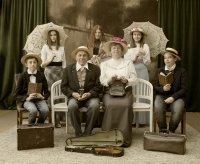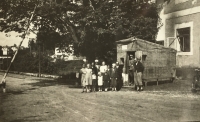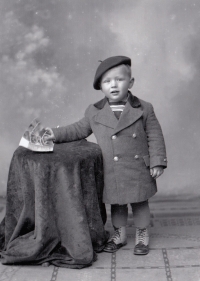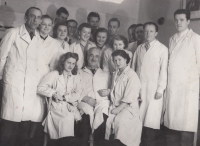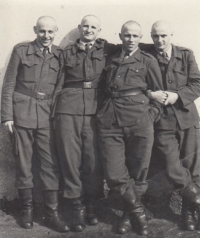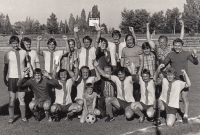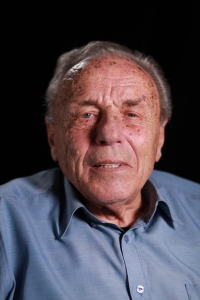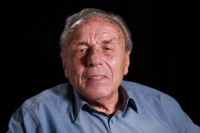The smiling faces of the American soldiers radiated: We survived the war
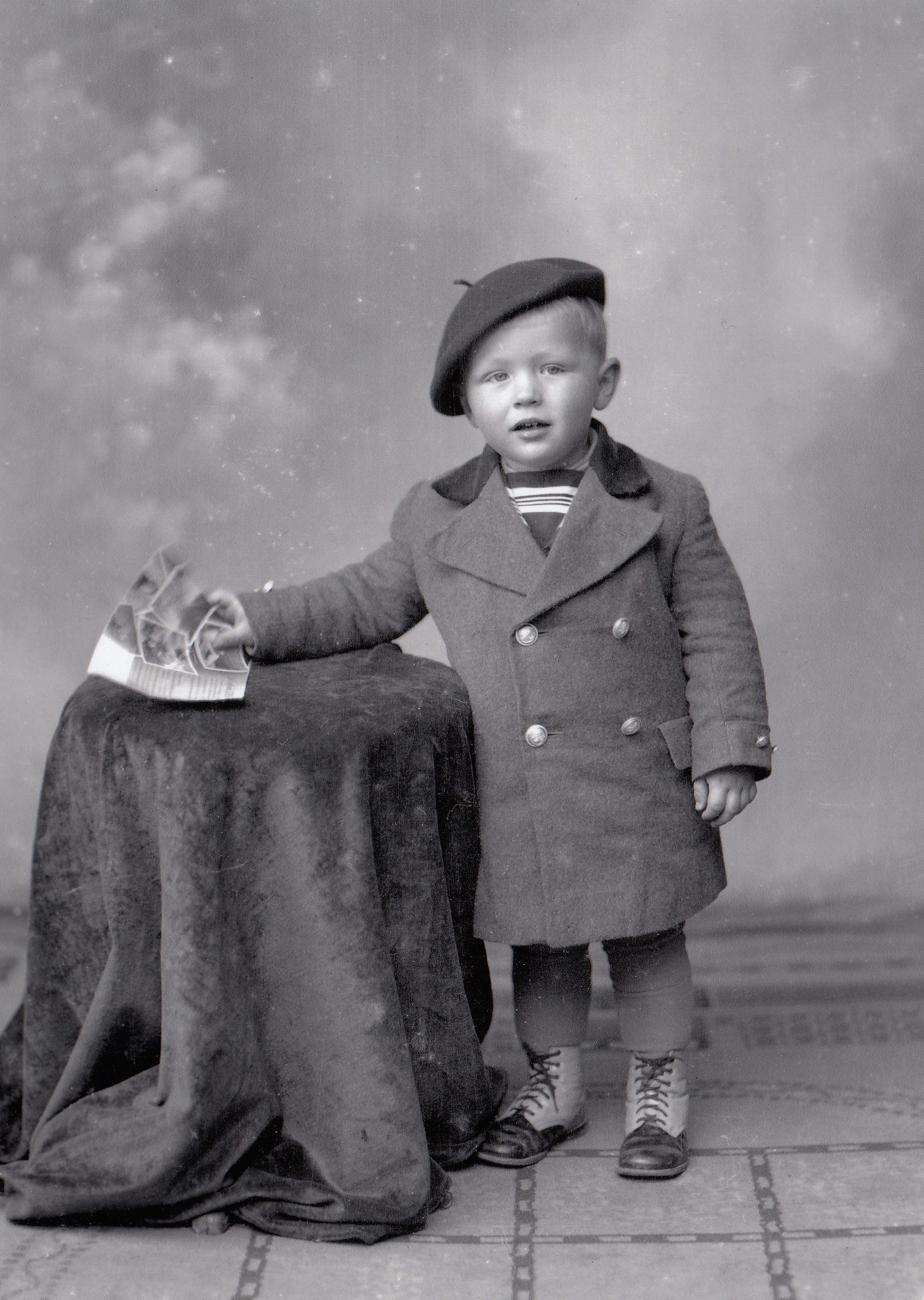
Download image
Jan Pils was born on 30 March 1935 in Český Krumlov into a Czech-German family of Hermína and Jan Pils. After the Munich crisis, the Pils family left Sudeten Krumlov and spent the war years mostly in Domoradice - today a part of Krumlov, which was then in the territory of the Protectorate. Jan Pils remembers the wartime events on the border with the Sudetenland and the liberation by the American army. In the 1950s, he started working as a trainee in the dental department of the Český Krumlov health insurance company. He worked as a dental technician/laborer all his professional life. Between 1950 and 1975 he played football for Slavoj Český Krumlov. He also worked as a coach in the club and from this position he won the title in the second national league with Slavoj in 1982. After the Velvet Revolution he served as a town hall representative and then as a councillor of Český Krumlov. In 2015 he received the Award of the Town of Český Krumlov for his contribution to the development of sport. He was living his hometown in 2020. He died on March 12, 2025.
